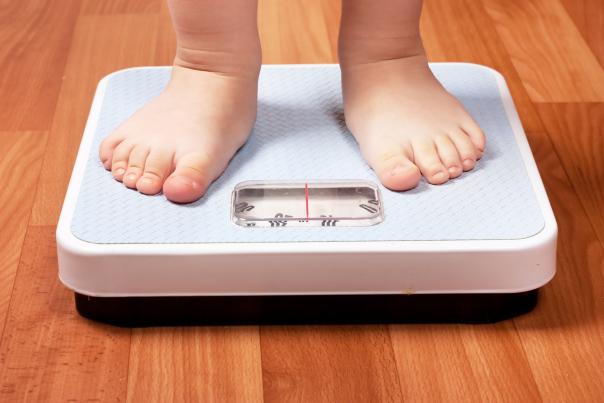Obesity to fuel 700,000 new cancer cases by 2035 - health charities warn

The report, from Cancer Research UK and the UK Health Forum, also predicts that if current trends continue almost three in four adults will be overweight or obese by 2034 and more people will be obese than overweight by 2030.
To tackle the country’s obesity crisis, Cancer Research UK is calling on the Government to introduce a 9pm watershed ban on TV advertising of junk food, as well as a 20p per litre tax on sugary drinks as part of a comprehensive children’s obesity strategy.
Alison Cox, director of cancer prevention at Cancer Research UK, said: “Obesity will be a huge burden to society and the NHS in the near future. We must act now to combat this threat and we need the Government to restrict the marketing of sugary food to children.
“Kids are bombarded with advertisements for unhealthy food. It’s vital the Government restricts this kind of advertising if we are to give our children the chance for better and healthier lives.
The health charities report also finds that not only could the rising rates of obesity and being overweight in the UK lead to 668,997 new cases of cancer, but also millions of new cases of type 2 diabetes, coronary heart disease and stroke, costing the NHS an additional £2.5 billion a year by 2035.
However, the report also claims that just a 1% shift in the number of people going from the overweight or obese category to the healthy weight category every year could prevent more than 64,000 cancer cases over the next 20 years and save the NHS £300 million in 2035 alone.
Paul Lincoln, chief executive officer at the UK Health Forum, said: “This report makes a very clear economic case for why we must act now to turn the rising tide of obesity.
“The Government’s planned childhood obesity strategy is a golden opportunity to tackle the availability, affordability and promotion of unhealthy foods that is driving the current crisis in children’s diets. This must become part of a broader national action plan on diet and health for the whole population.”
Obesity will continue to affect the poorest in society most, with almost half of women (49%) and 42% of men from the lowest income bracket predicted to be obese by 2035.
Children who are overweight are also more likely to develop into obese adults, increasing their risk of cancer and other related diseases. The charities see cutting the amount of sugar consumed by young people as one of the main challenges in reducing obesity.
Jamie Oliver, who has petitioned for a UK tax on sugary drinks, said: “Being overweight or obese can cause many diseases including some cancers. But I believe we can prevent the rising trend in obesity in the UK and across the world. Food education is key here. If governments take children's health more seriously and use education to inspire them we could have a huge impact on their health and wellbeing.
“We’re raising a generation of children in a society where junk food is cheap, widely advertised, and packed full of sugar so it's difficult to teach them how to make healthy choices. We need to give these kids a chance to be healthier adults - starting with a tax on sugary drinks to tackle obesity and diet-related disease in young people.”
Cancer Research UK and the UK Health Forum published Tipping the Scales: why preventing obesity makes economic sense.
